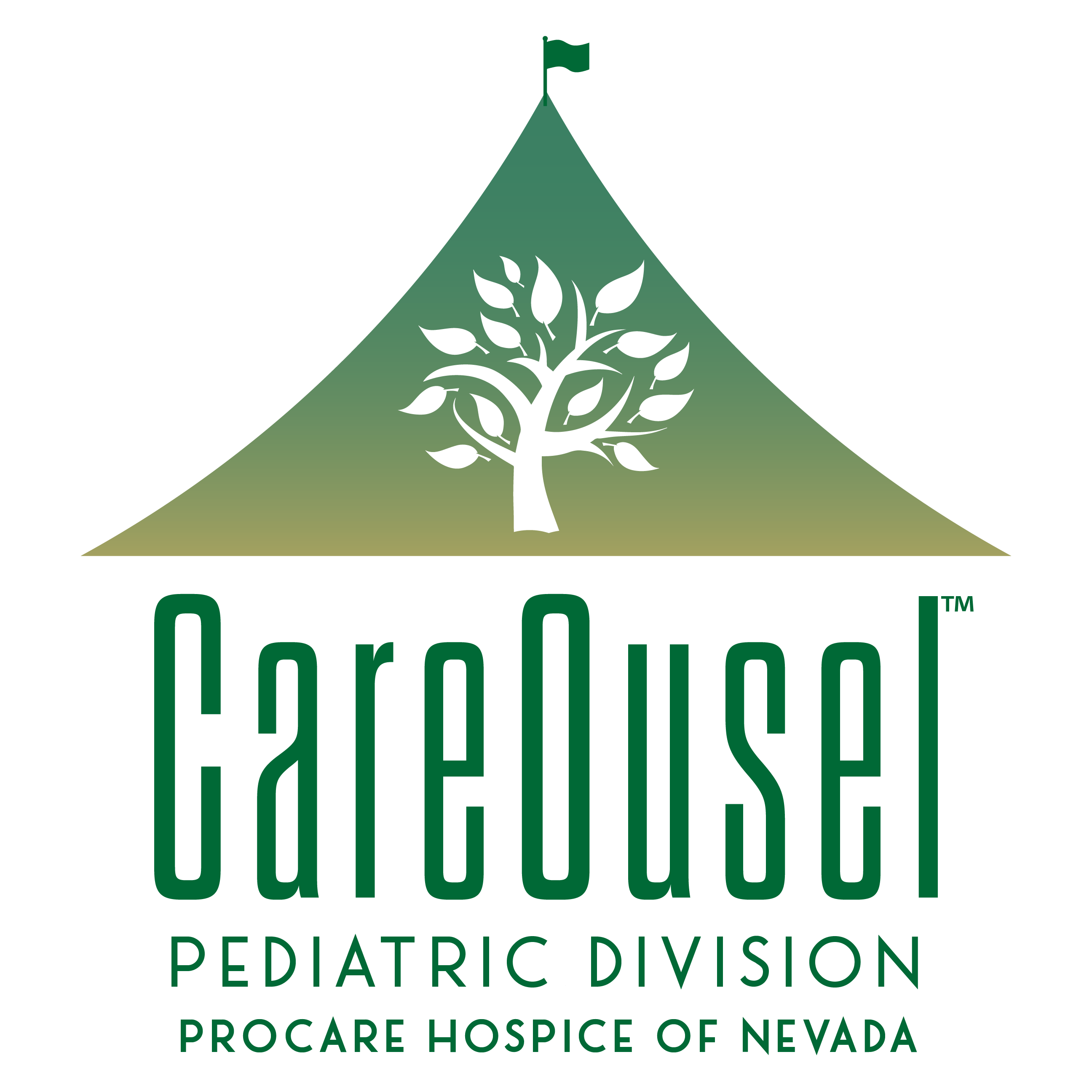Grief & Coping with a Loved One’s Terminal Illness
In recent years, the experience of death has become less about processing its sudden onset. More and more people around the world are being diagnosed with terminal illnesses. This means a patient and their family must cope with the knowledge of impending death for weeks, or even years before it happens.
The process of coping with this grief comes in five stages and can potentially change the way people live their lives. Entire families are forced to face issues that have been left unresolved and dreams that were never attained.
Crisis
The first stage of the grieving process is crisis. This is when the diagnosis of terminal illness creates a crisis for a family.
The most common first reaction to this news is anxiety, if the nature of the relationship between patient and family is healthy. If the relationship is strained in anyway, the initial news often creates feelings of guilt, resentment or anger. That anger can be directed at a perceived injustice if the individual is young.
At this stage, families should seek guidance on what to expect and find people they can turn to for support.
Unity
Next, families can usually be seen rallying together in an effort to move through the following stages in the process. Members of the family will often hang up complaints and long standing grudges to support the familial unit. This is because the needs of the dying become more important than anything else the family may be facing or experiencing.
During this stage, the family has to make major decisions. These include choosing a medical team and finding the right treatment option for the patient. This is also the stage during which legal work, such as handling an estate, is taken care of. It’s important to be aware of the roles everyone assumes during this time. This has a huge impact on the psychological health of the family during this tough time.
Upheaval
When the unity established in state two begins to fade because of stress and sadness, the third stage begins. Thoughts and feelings that were once held back to protect other members of the family are released and can create friction. Although it is uncomfortable, the release of positive and negative emotions are a critical part of the grieving process. Without it, the resulting strained relationships are likely to cause the family to fall apart.
Resolution
Movement into the fourth stage of grief is characterized by the deterioration of the patient. Family members begin recalling and sharing memories of experiences that have impacted the nature of relationships with the patient. This is a great opportunity for the familial unit to resolve old issues, heal wounds and release excessive baggage. Old rivalries, jealousies and resentments can be addressed and processed to clear the way for the final stage.
Renewal
The final stage begins with the funeral and the celebration of the life of the patient. This is a time during which a family can remember a past loved one, while choosing how they will honor their memory in the future. It can be a creative time of personal and familial renewal, that is usually navigated over an underlying sense of sadness and relief.
If your family is experiencing trouble moving through this process, ProCare Hospice of Nevada can. The nurses and staff are dedicated to providing comfort and support to all the patients. They strive to give patients the best experience possible. For more information about Las Vegas hospice services, contact 702.380.8300.


 Back To Top
Back To Top